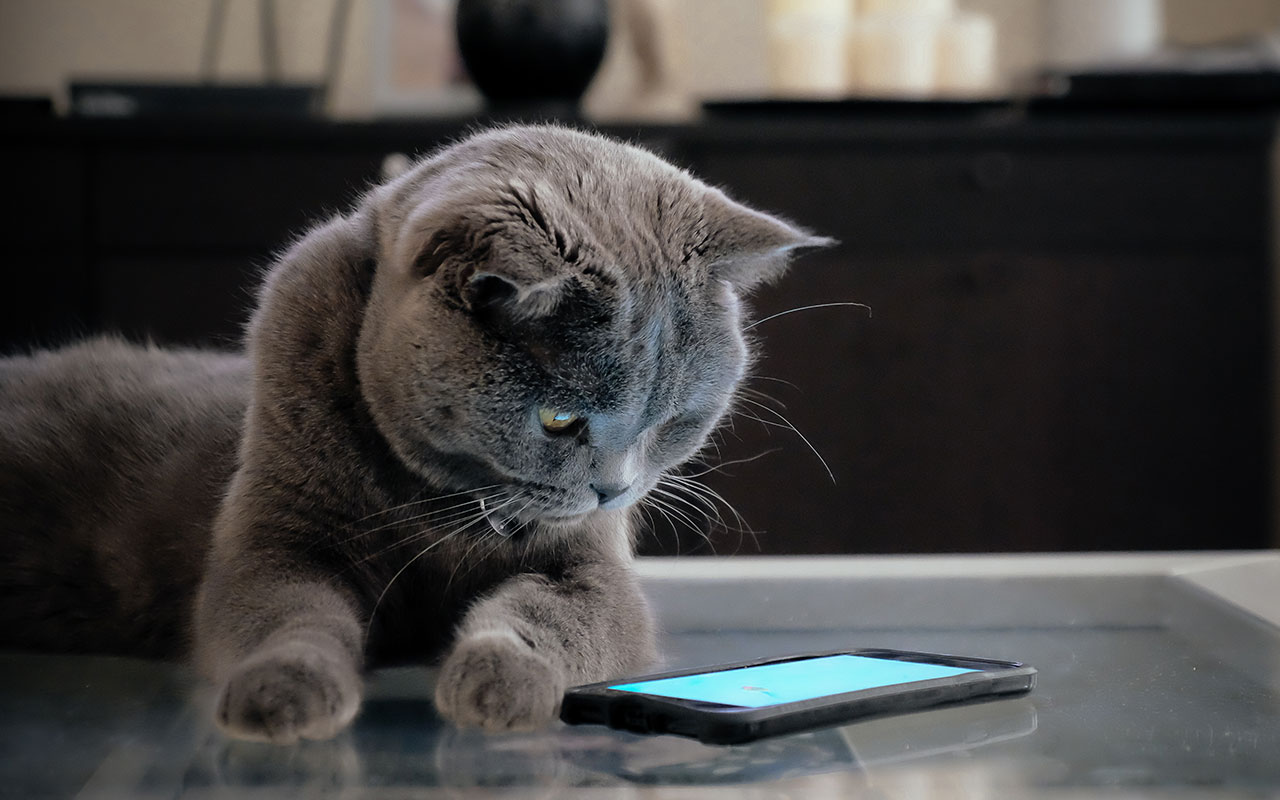Getting tested for sexually transmissible infections (STIs) on a regular basis is an important part of everyone’s sexual health. Once you start having sex, it’s a good idea to have a sexual health check-up at least every 12 months. You should also get tested:
- When changing sexual partners or starting a new relationship
- When you have unusual symptoms, such as unusual discharge, pain when urinating, bleeding between periods, or pain in the pelvic area where the uterus and fallopian tubes sit
- After sex without a condom
- When you and your partner decide to stop using condoms
There are lots of places to get tested including your GP, a local sexual health clinic, or Family Planning clinic. While STI testing is usually best done with a doctor, nurse or community worker, there is another option, online STI testing.
What is online testing?
If you’re picturing an app that can diagnose an STI through your home screen, we’re not quite there; but online testing does offer an alternative. It allows you to go online, download and print a referral and bring it directly to a pathology centre for testing. In Queensland and Victoria, you simply send a sample to the pathology centre using a self-collection kit. This can be especially useful for those who find it challenging to find a health professional close by. Once the results are in, you are contacted discretely by the service and referred for treatment if needed.
Four states—South Australia, Queensland, Western Australia and Victoria—offer online testing for residents of the state. There are also two national online testing services for people living in Australia. As with other testing options, online testing is easily accessible and confidential. The state options are government supported and offer free testing for chlamydia and gonorrhoea . The national services are private and provide a range of testing options at a cost. Age requirements vary among the different services. More information on each of the services is provided at the end of the article. Click on the appropriate link for details.
What’s the big difference?
Aside from the process, the biggest differences between a sexual health check-up and online STI testing is the ability to ask questions and the degree to which tests can be customised to your needs. During an appointment, you will be asked various questions about your sexual history. With this information, the doctor or nurse can assess your risk and work out what STI tests you may need. While most online testing services do a short online risk assessment as part of the service, it is limited and doesn’t allow you the opportunity to ask questions.
Another issue to consider is cost. If you are outside the states which offer free chlamydia and gonorrhoea testing or are considering testing for other STIs, the national online testing services can cost as much as $95. On the other hand, testing at your local GP or clinic is free or low cost and allows you and your healthcare provider the opportunity to talk about what tests are right for you and any other concerns you might have.
Times when online testing is not the best option
It is important to seek care in person when:
- You have symptoms
- You have been notified by a partner that they have an STI
- You have any other concerns
If your results are positive
Having an STI isn’t the end of the world. Most STIs are curable and treatments are easy. You will need to let previous partners know if your test results are positive for an STI. These days, even this can easily be done anonymously through SMS. The doctor or nurse will let you know what to do and who you should notify. For advice on how to make it easier to tell your partner(s), visit the Let Them Know website.
Click on one of the links below to find more information about specific online testing services.
National
|
|
|
SmartHealth Age: 18+ years old Cost: $55-$95 What they test for: · Chlamydia · Gonorrhoea · Syphilis · Hepatitis B · Hepatitis C · HIV |
Stigma Health Age: 16 + years old Cost: $21.99 for a Personalised Pathology Test Referral What they test for: · Chlamydia · Gonorrhoea · Syphilis · Hepatitis A · Hepatitis B · Hepatitis C · HIV |
Queensland
|
|
| 13 HEALTH webtest
www.qld.gov.au/health/staying-healthy/sexual-health/chlamydia-test For residents of Queensland Age: 16+ years old Cost: Free What they test for: · Chlamydia · Gonorrhoea |
|
Western Australia
|
|
| Could I have it?
Age: 16+ years old Cost: Free What they test for: · Chlamydia · Gonorrhoea |
Get the Facts
https://www.getthefacts.health.wa.gov.au/online-sti-testing Age: 16-30 years old Cost: Free What they test for: · Chlamydia · Gonorrhoea |
Victoria
|
|
| TESTme
For residents of Victoria who reside 100 km or more from Melbourne Age: 25 or younger Cost: Free What they test for: · Chlamydia · Gonorrhoea |
|




